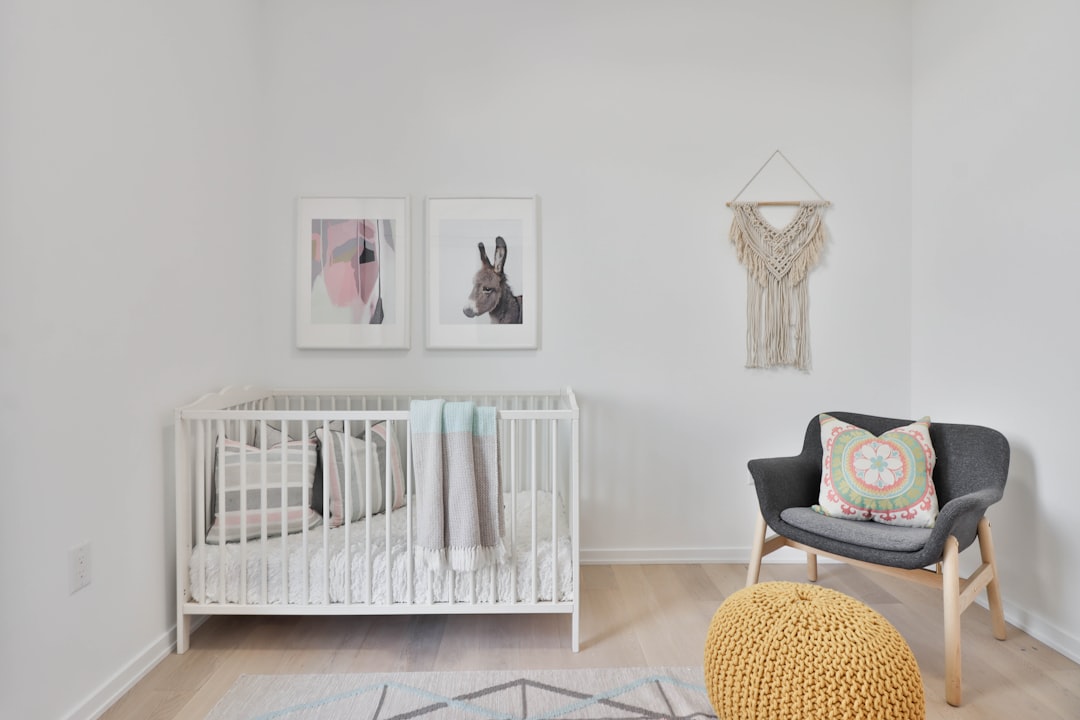People can lose control of their bladder for various health reasons. This can lead to embarrassing and inconvenient incontinence. Many will avoid going out because their condition makes them anxious about urinating at the most inappropriate situations. However, they can still suffer problems at home like wetting the bed while they sleep. Disposable bed pads can help with this situation by absorbing the wetness and preventing it from reaching the sheets. This can be incredibly useful for people who have the following conditions:
Pregnancy, Childbirth, and Menopause
Incontinence may be caused by the hormonal changes that occur with pregnancy. The physical stress of the child’s increasing weight can also put pressure on the bladder and make the woman feel the need to pee a lot. After childbirth, the muscles around the vagina that are responsible for bladder control may weaken. A prolapsed pelvic floor may occur which also leads to incontinence. Talking to an ob-gyn about this is crucial in finding solutions. Menopause causes women’s bodies to produce less estrogen which affects the bladder lining and could make incontinence worse.
Age-related Bladder Malfunction
Aging causes muscle atrophy all over the body. This includes the muscles around the bladder. The organ may suffer from a diminished capacity to keep urine. Older people will also experience more involuntary muscle contractions that force liquid out even if you don’t really want to. Sometimes strong coughs are enough to induce this release. If you cough a lot a night, then you will want to wear adult diapers and use disposable bed pads.
Prostate Enlargement and Cancer
In men, prostate issues can make this situation worse. Older men can suffer from an enlarged prostate. This is often benign but the obstruction can cause a person to feel the need to urinate all the time. Prostate cancer can have the same effect, especially if left untreated. Sometimes the incontinence can be induced by the treatments aimed at eradicating the prostate cancer.
Neurological Disorders
Finally, various types of neurological disorders such as stroke, spinal injury, multiple sclerosis, and brain tumors can trigger incontinence by interfering with the nerve signals responsible for controlling the bladder. With our internal wiring malfunctioning, we simply cannot do anything when our body acts up. Talk to a doctor to find out how to cope with this and how the condition might improve.
Disposable pads for the bed are simple yet effective tools for staying comfortable during sleep despite poor bladder control.







